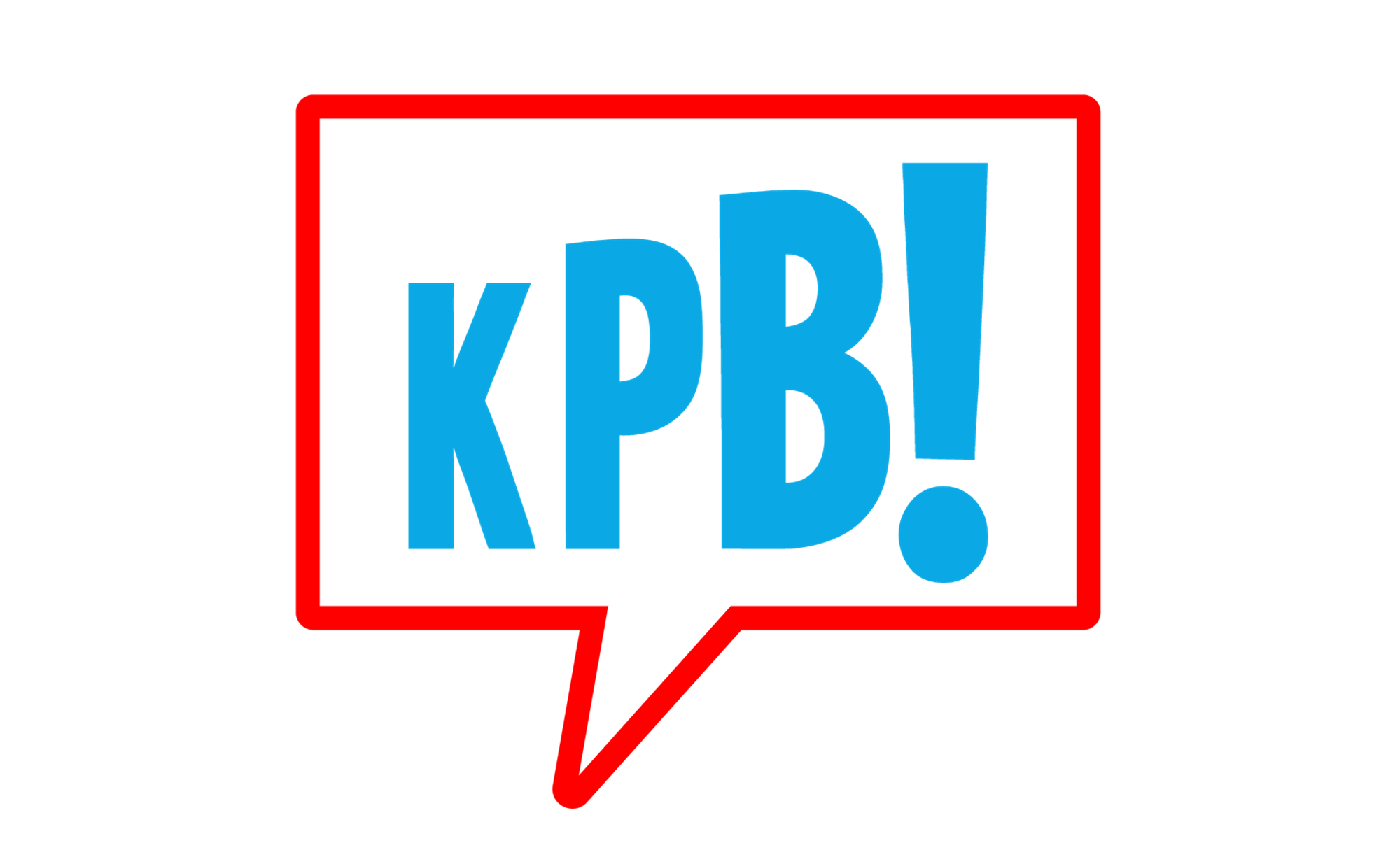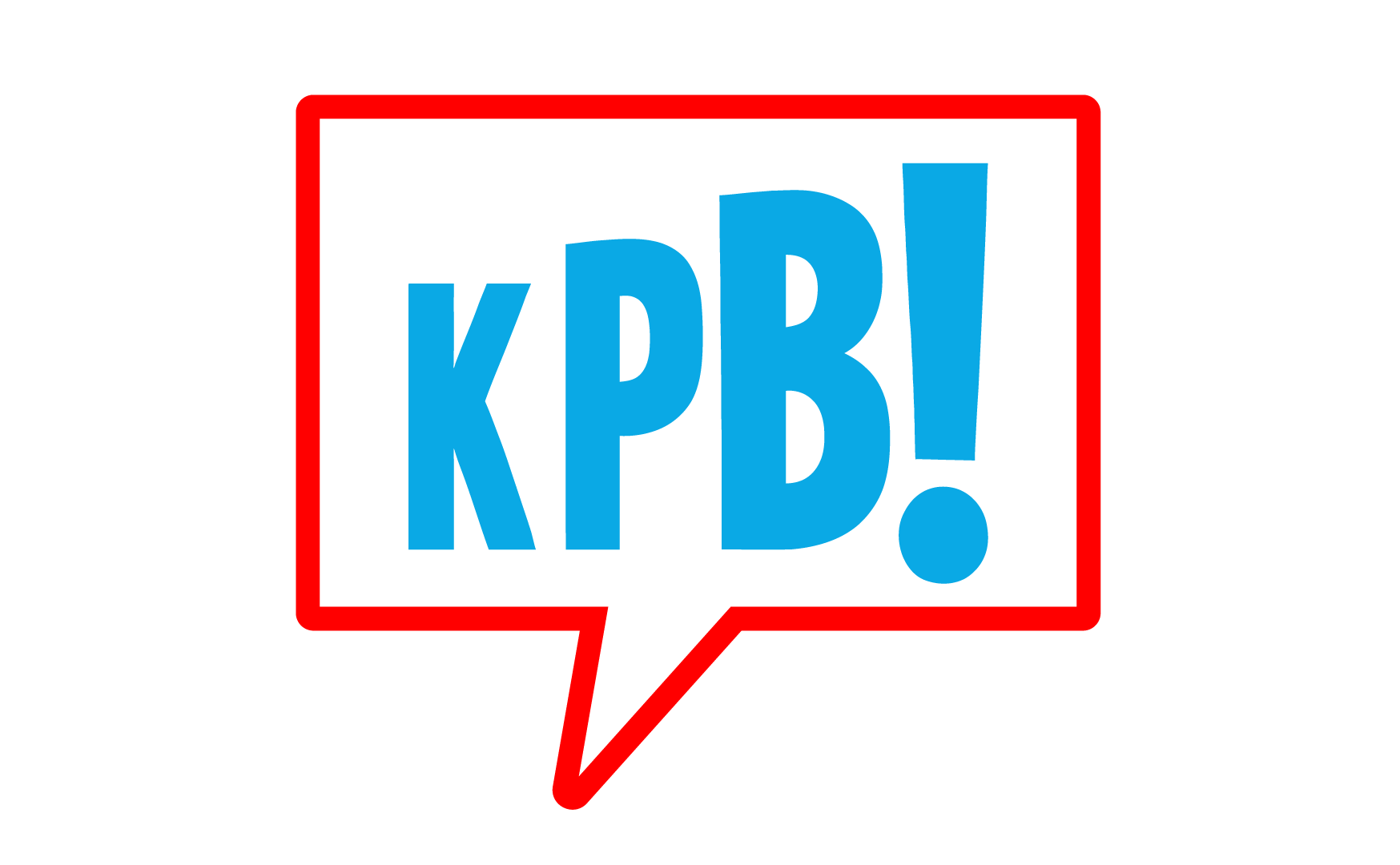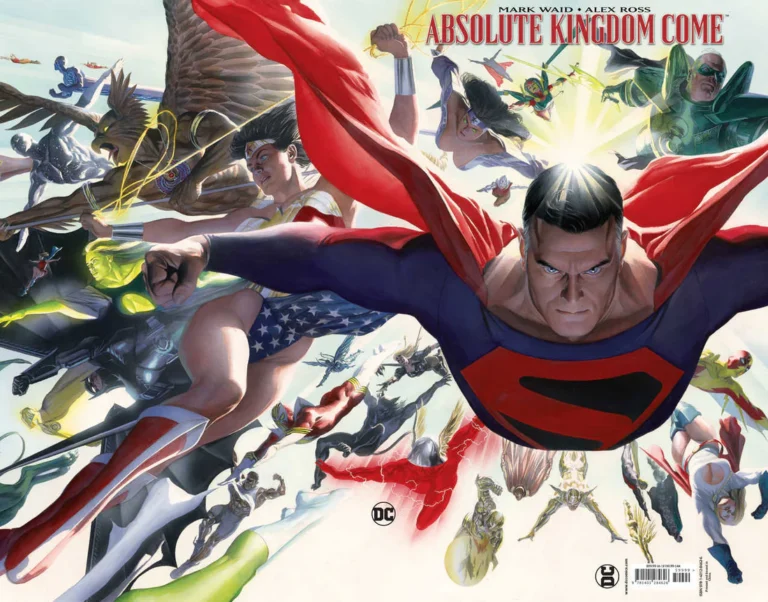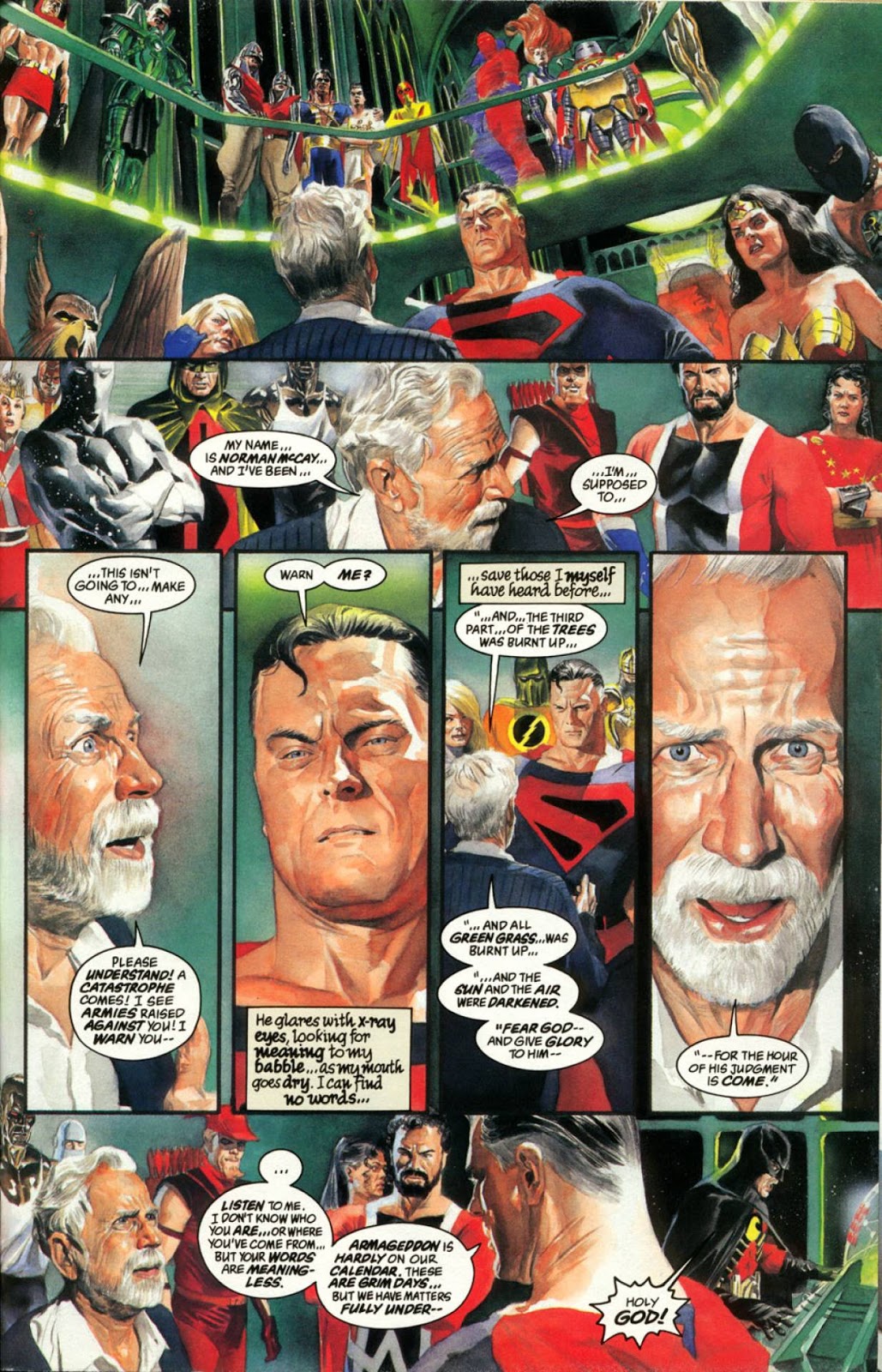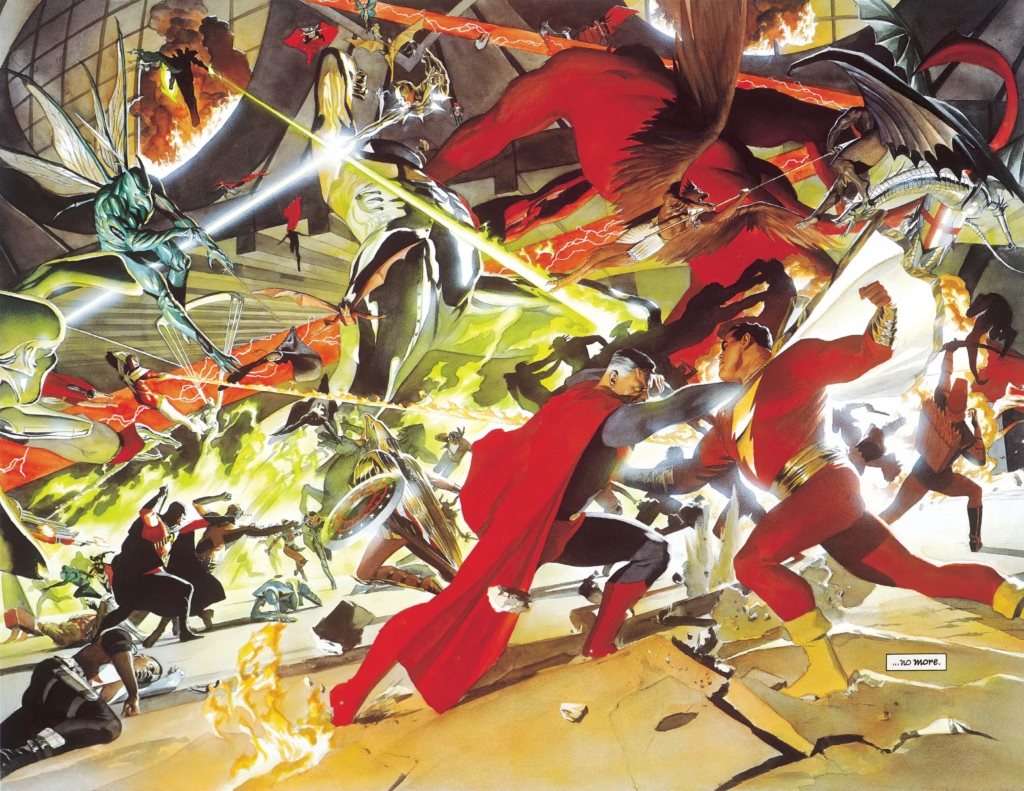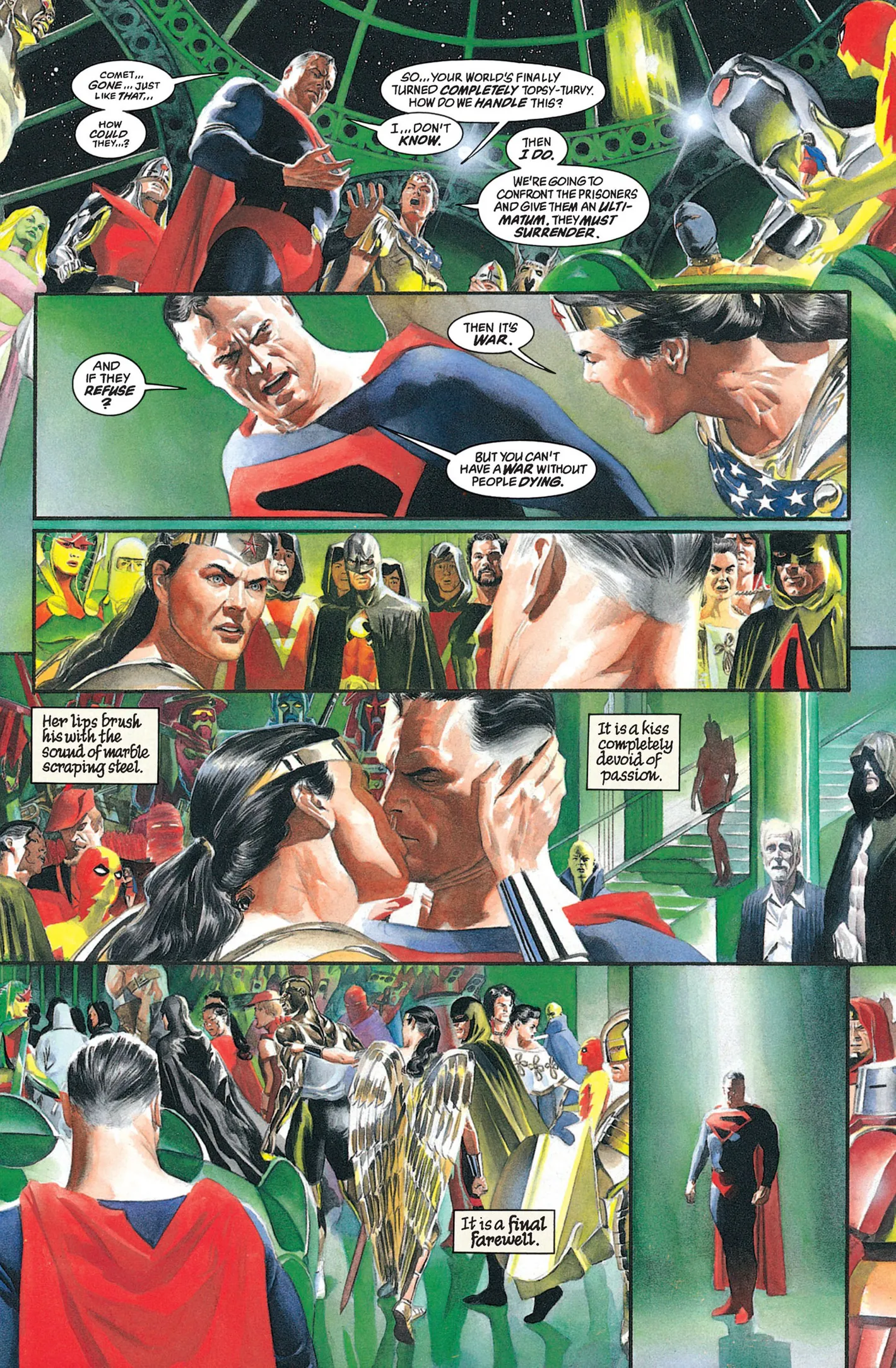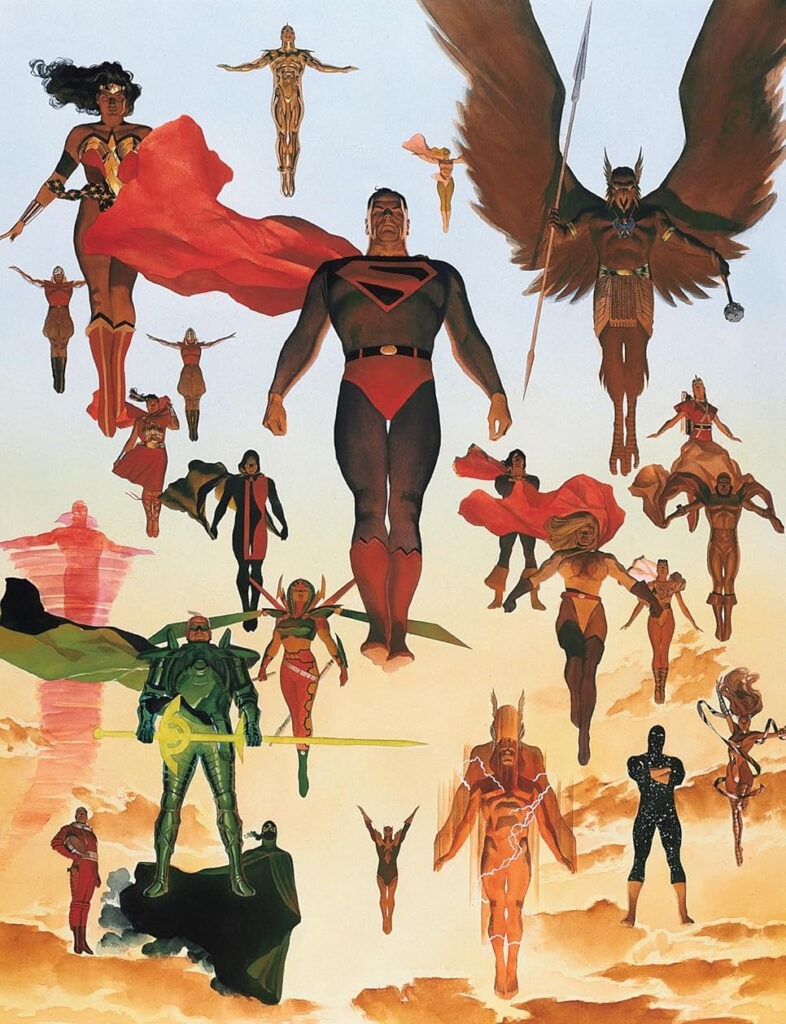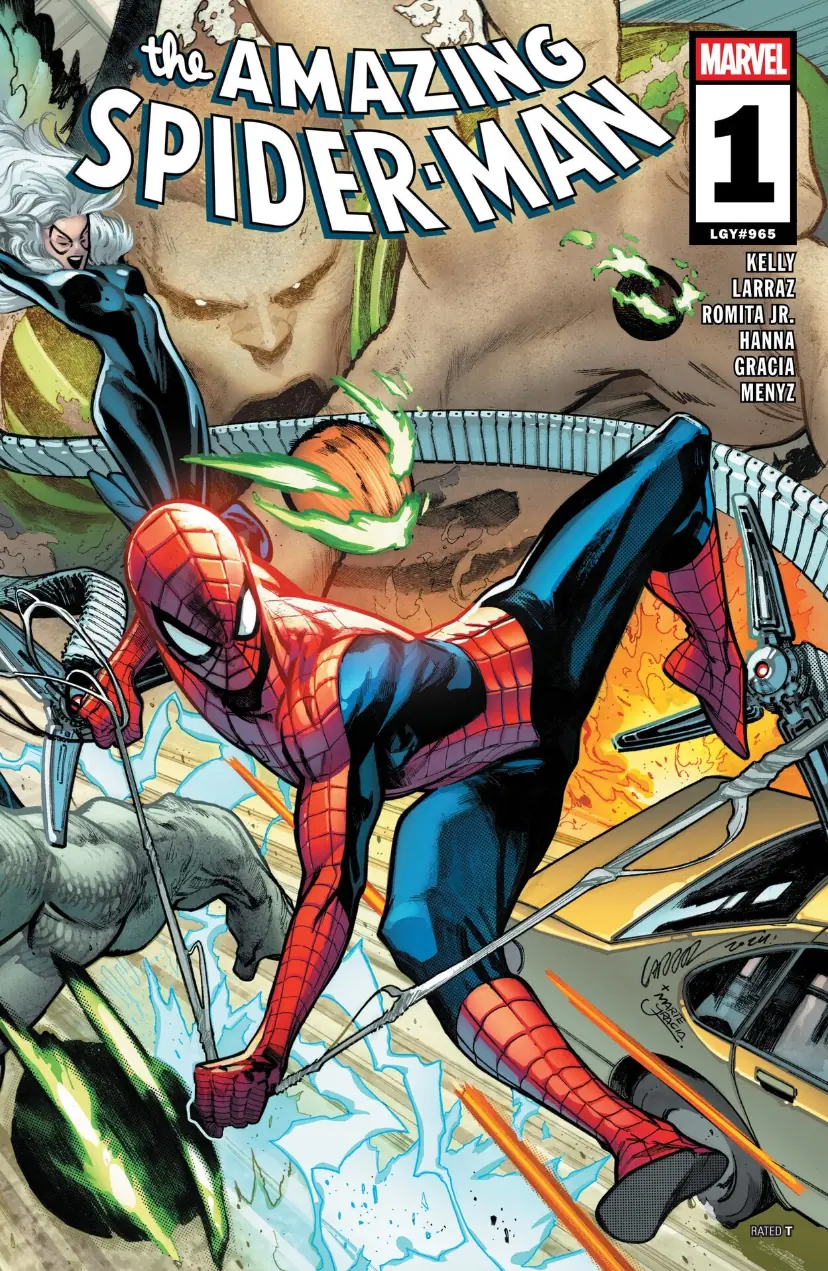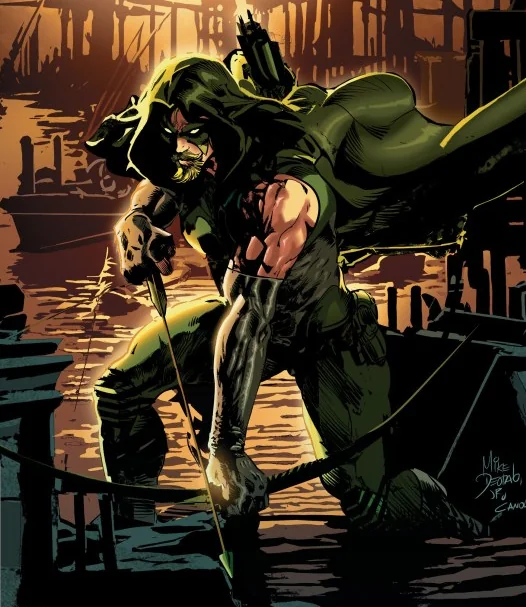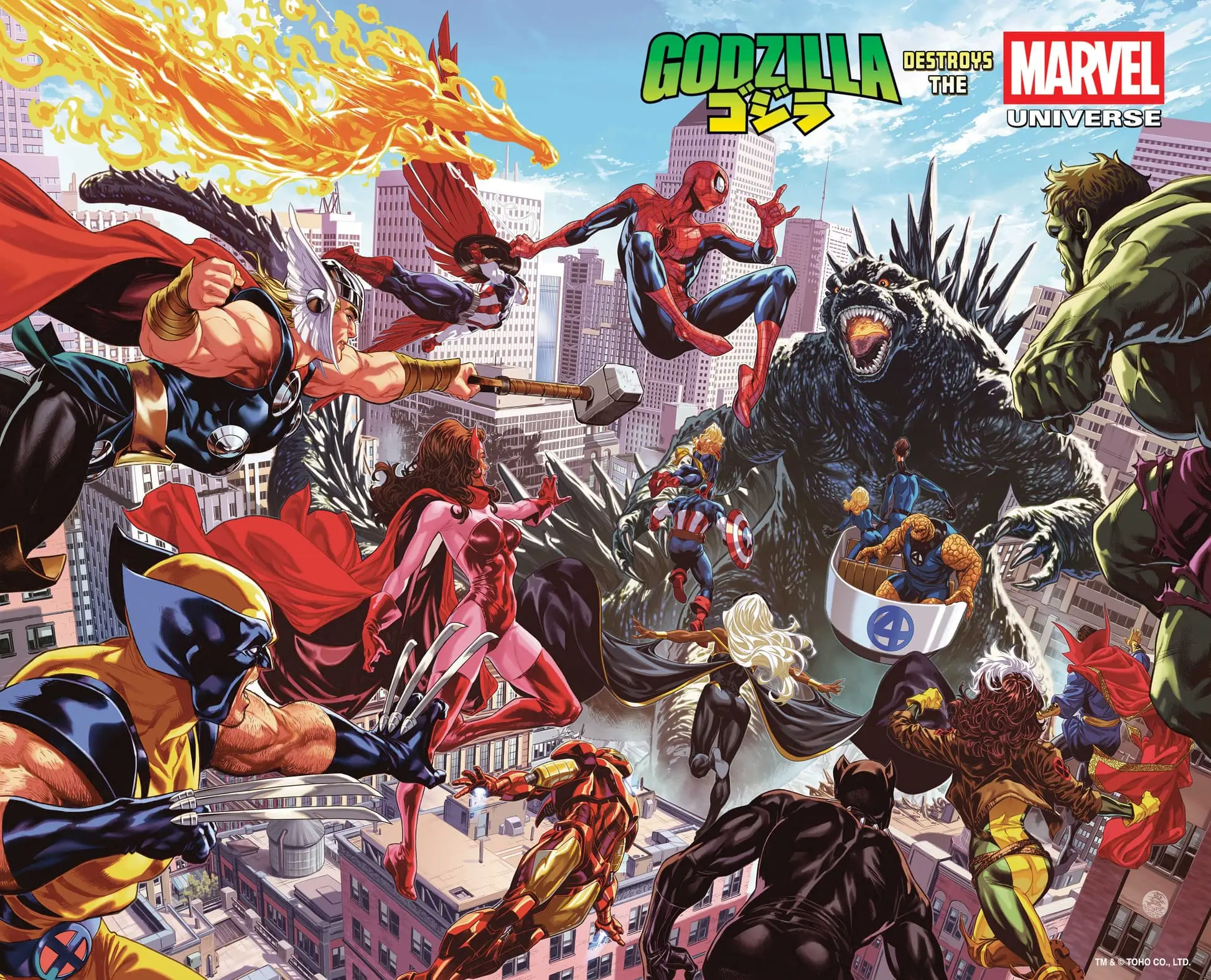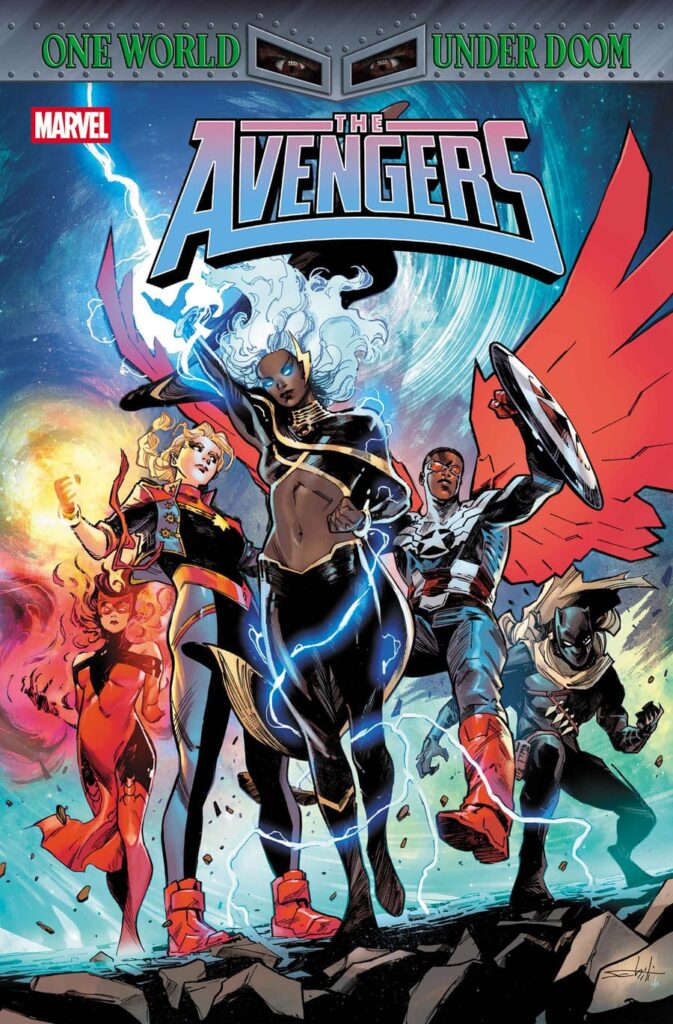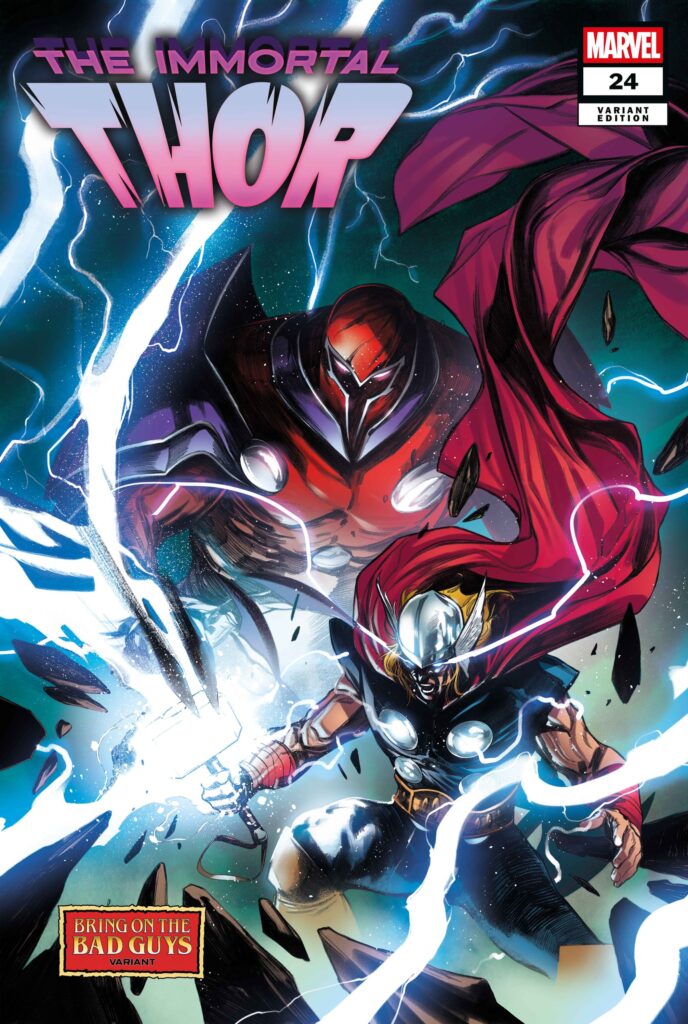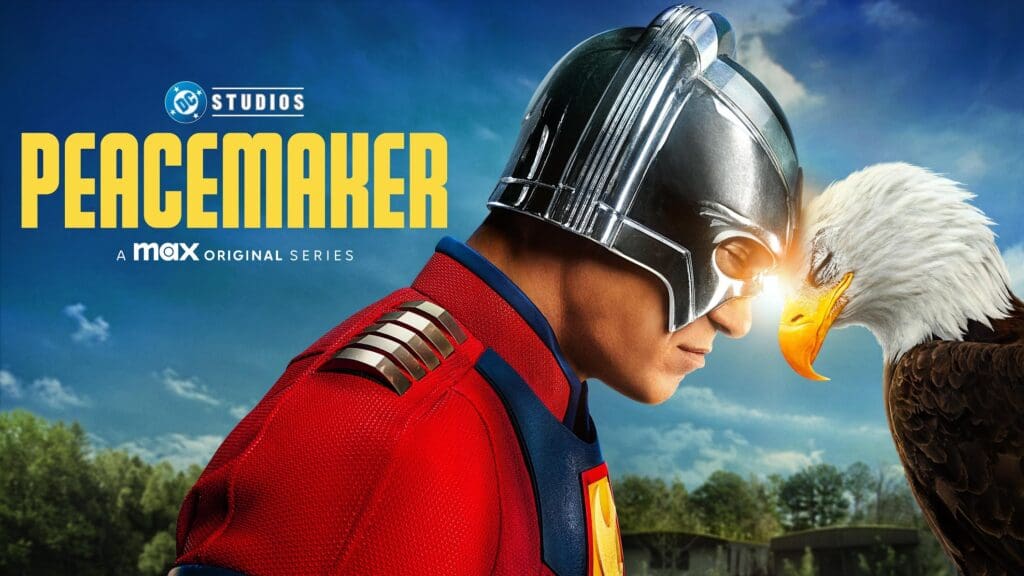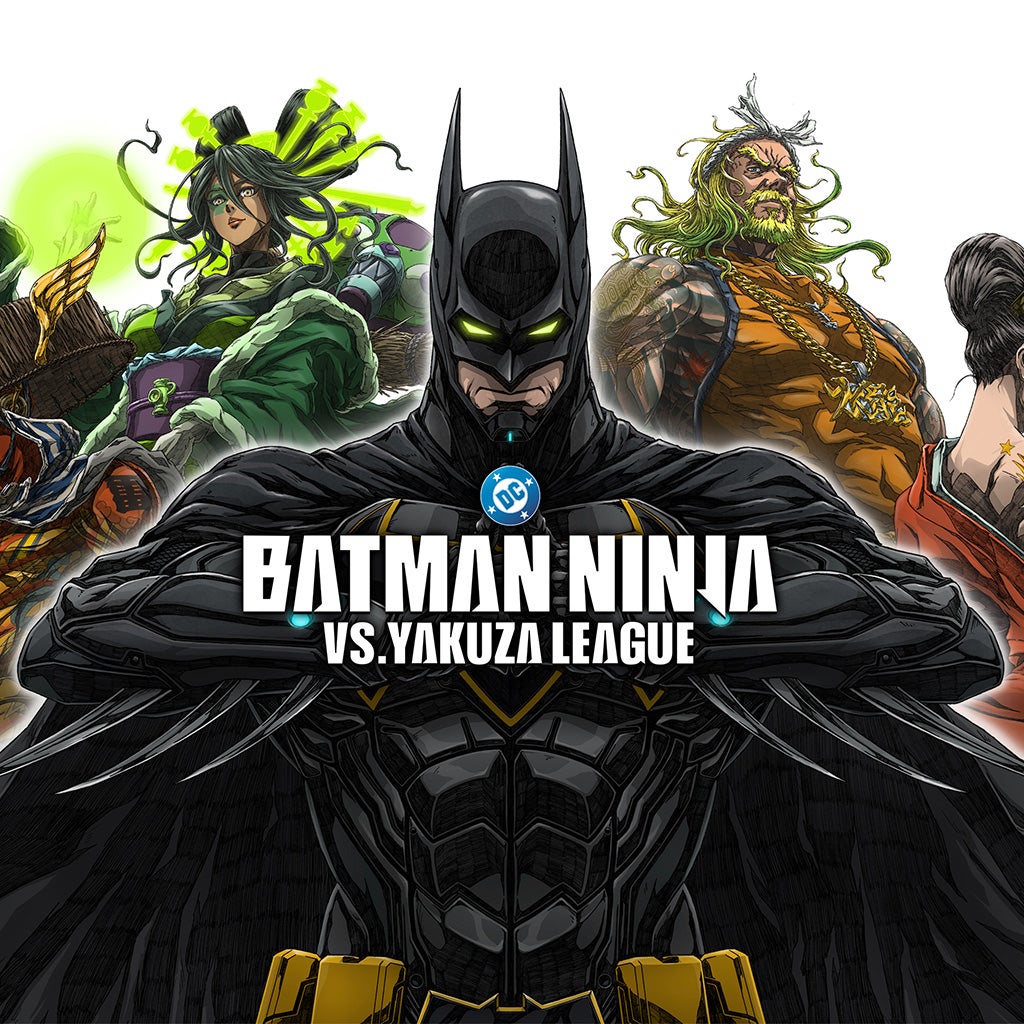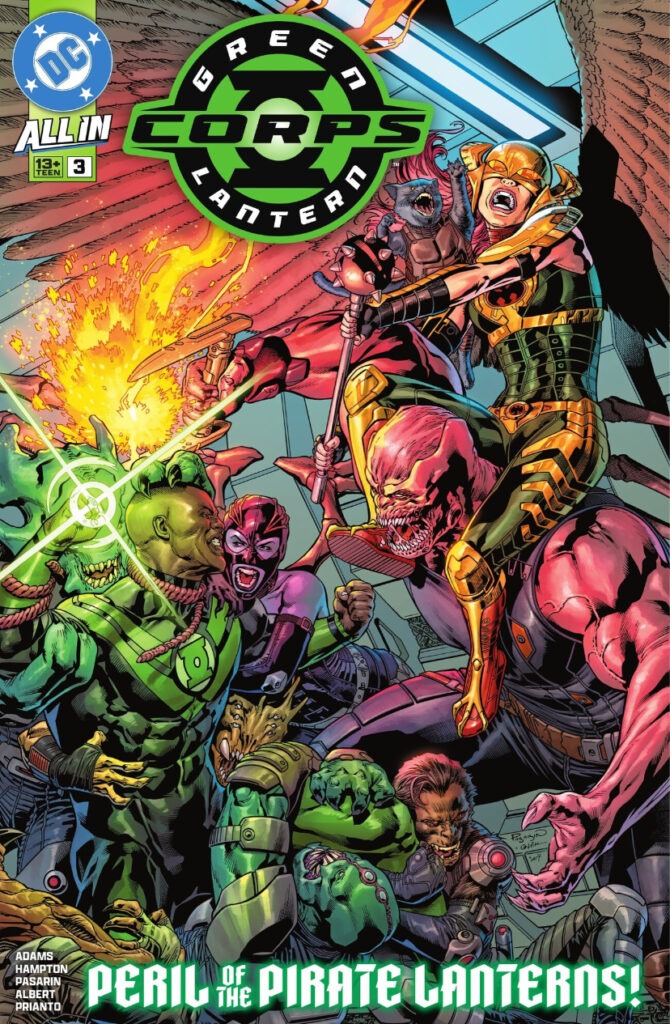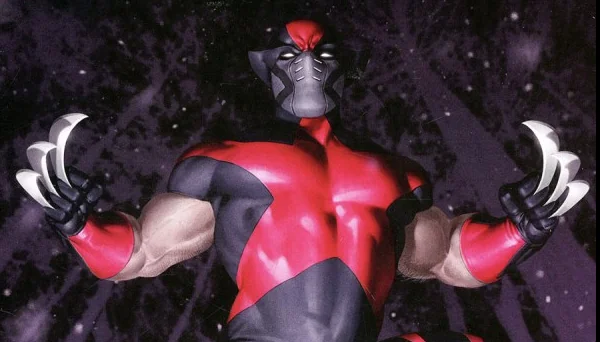Mark Waid and Alex Ross’s 1996 Elseworlds epic, “Kingdom Come,” remains a towering achievement in the comic book medium, a prescient exploration of heroism, morality, and generational conflict that resonates just as powerfully today, if not more so. It’s a story that grapples with the very essence of what it means to be a superhero in a world that has grown cynical, and a new generation of powered beings blurs the lines between savior and menace.
The story plunges readers into a not-so-distant future where the classic DC heroes, like Superman, Wonder Woman, and Batman, have largely retired or retreated from public life. Their absence has created a vacuum filled by a younger, more volatile generation of metahumans who engage in destructive battles with little regard for collateral damage or the traditional heroic code. The catalyst for the old guard’s reluctant return is a catastrophic event in Kansas, orchestrated by the reckless anti-hero Magog and his followers, resulting in millions of deaths and irradiating a significant portion of America’s heartland.
From this grim starting point, “Kingdom Come” masterfully unfolds a complex and thought-provoking story. We witness a disillusioned Superman, coaxed out of his self-imposed exile by a hardened Wonder Woman, attempt to rein in the out-of-control metahumans and guide them back towards a more responsible path. This leads to the establishment of “the Gulag,” a prison for rogue metahumans, and an escalating ideological battle not only between the old and new guards but also amongst the iconic heroes themselves. Batman, ever the pragmatist, views Superman’s methods as dangerously authoritarian, while Lex Luthor and a contingent of villains work in the shadows to exploit the chaos for their own ends.
The story is told primarily through the eyes of Norman McCay, an aging pastor who, guided by the Spectre, serves as a human witness to the superhuman conflict, grounding the god-like struggles in a relatable, mortal perspective. This narrative choice adds a layer of theological and philosophical depth, questioning the role of gods among men and the nature of faith in a world teetering on the brink of Armageddon.
DC Comics
Themes That Endure
“Kingdom Come” delves into a rich tapestry of themes. The most prominent is the clash of ideologies and generations. It pits the idealism and moral absolutism of Superman’s era against the pragmatism and often brutal methods of the newer heroes and a world that seems to have lost its way. The series forces a hard look at the responsibilities and consequences of power. What happens when those with extraordinary abilities lack the moral compass to wield them justly? And can absolute power, even with benevolent intentions, avoid becoming a form of tyranny?
Beneath the unfolding drama lies a profound investigation into the very soul of humanity and the fiery crucible that forges a hero. Are heroes defined by their powers or their choices? Can figures like Superman truly remain connected to humanity when they operate on such a different plane of existence? “Kingdom Come” grapples with loss, disillusionment, and the difficult path to redemption, showing even the most iconic heroes as flawed and struggling. The very definition of justice is debated, as is the difficult balance between security and freedom.
DC Comics
Alex Ross’s Transcendent Artwork
No discussion of “Kingdom Come” is complete without heaping praise upon Alex Ross’s breathtaking, fully painted artwork. Ross brings a photorealistic, almost Rockwellian grandeur to the DC Universe. His characters are not just drawings; they are living, breathing figures etched with the weight of their years and their burdens. The aged Superman, with his graying temples and more somber S-shield, the battle-scarred Batman, reliant on an exoskeleton, and the regal yet weary Wonder Woman are rendered with a majesty and realism rarely seen in comics.
Every panel is a masterpiece, from the epic splash pages of superhuman brawls to the quiet, character-driven moments. Ross’s attention to detail, his dynamic compositions, and his ability to convey raw emotion elevate Waid’s powerful script into an unforgettable visual experience. The sheer scale and impact of the superhuman conflict are made terrifyingly real through his brushstrokes, solidifying “Kingdom Come” as one of the most visually stunning comic series ever produced.
DC Comics
The Overall Story and Its Legacy
“Kingdom Come” is more than just a superhero slugfest; it’s a profound and often unsettling deconstruction and reconstruction of the superhero mythos. While some critics have pointed to a perceived black-and-white morality in certain aspects, the overall story presents a nuanced and complex conflict with no easy answers. The characters, despite their iconic status, are deeply human in their struggles and motivations. The story’s climax, involving a desperate battle and a difficult moral choice for Superman and Captain Marvel (Billy Batson), is both tragic and ultimately hopeful, leading to a path forward through understanding and a renewed commitment to humanity.
The series has left an indelible mark on the DC Universe and the comic book landscape as a whole. Its themes and character interpretations have been revisited and referenced in subsequent stories, and its influence can be seen in numerous “dark future” stories that have followed this iconic story.
DC Comics
Legendary Comic
“Kingdom Come” is an essential read for any fan of DC Comics or the superhero genre. It is a sophisticated, emotionally resonant, and visually spectacular epic that tackles significant themes with intelligence and grace. Mark Waid’s compelling writing and Alex Ross’s unparalleled art combine to create a timeless story that continues to provoke thought and inspire awe. It still stands as a testament to the power of comic books as a medium for mature and impactful storytelling.
DC Comics ‘Kingdom Come’ Review: A Modern Masterpiece
“Kingdom Come” is an essential read for any fan of DC Comics or the superhero genre. It is a sophisticated, emotionally resonant, and visually spectacular epic that tackles significant themes with intelligence and grace. Mark Waid’s compelling writing and Alex Ross’s unparalleled art combine to create a timeless story that continues to provoke thought and inspire awe. It still stands as a testament to the power of comic books as a medium for mature and impactful storytelling.
